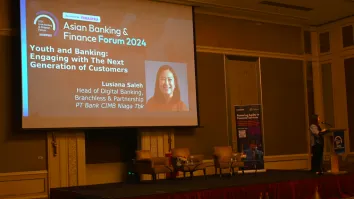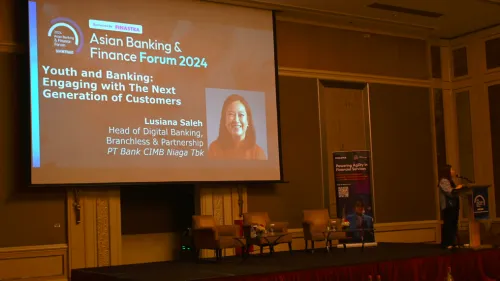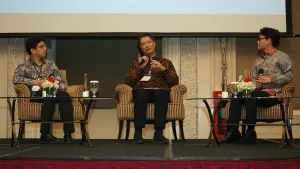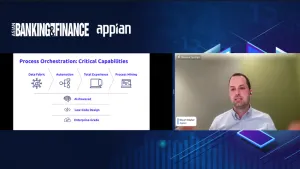
Tax avoidance: No laughing matter!
By Jon GoldingThe recent controversy in the United Kingdom concerning the comedian Jimmy Carr’s offshore tax avoidance scheme has again raised the thorny issue of what is acceptable to HM Revenue & Customs (HMRC) where tax planning is concerned.
The K2 scheme based in Jersey that Jimmy Carr uses is typical of offshore tax avoidance devices. An offshore company/partnership receives fees in respect of the individual and a loan is then made back to the individual which is repayable on demand. Because it is a loan (not salary or fees) it is not income per se and therefore not taxable at that point.
These schemes are marketed widely and are popular with premiership footballers and the like who have image rights paid and then loaned back in this way. It is currently a legitimate way of planning tax reduction/deferral.
There have been some high profile tax cases in the UK involving comedians. For instance, in Wisdom vs Chamberlain (1968) the comic Norman Wisdom bought and sold silver bullion in bulk through a scheme offshore and was determined by HMRC to be trading in silver and ended up paying a higher rate of income tax than the lower capital gains tax he was hoping to pay.
Ken Dodd was also taken to Court for having an offshore account on which he had not declared the interest.
However, he avoided prison (unlike the jockey Lester Piggott) citing his lack of financial acumen as the reason for the omission but still had to pay the tax, interest and a penalty.
This excuse would not work nowadays even if you are a comedian! Ken Dodd subsequently introduced his act with the words, "Good evening, my name is Kenneth Arthur Dodd; singer, photographic playboy and failed accountant!"
Various companies market schemes e.g. film partnerships (now being investigated) which purport to save/defer tax. Invariably the small print in the scheme provider’s prospectus states that any change in legislation may jeopardize the tax efficiency and therefore such the schemes are not cast iron in their guarantees. If it goes to Court you may have to pay the costs as well.
The HMRC are unhappy with such schemes especially in these days of austerity and have introduced rules called ‘Declaration of Tax Avoidance Schemes’ (DOTAS) and are currently considering a ‘General Anti Abuse (sic Avoidance) Rule’ (GAAR). In the former case any avoidance scheme that does not meet the Revenue’s approval may run into trouble.
Also, if you are a customer of a non-UK tax avoidance scheme does it have the 8 digit DOTAS reference number issued by HMRC? If not, you (not the scheme) are required to tell HMRC about the scheme with a financial penalty if you do not. This may not be what you envisaged when you decided to use the scheme in the first place.
The good news is that HMRC approve many existing ‘avoidance’ schemes which it declares as acceptable tax planning. Therefore if there are HMRC approved schemes then why risk your funds in a new ‘off the shelf’ scheme when approved schemes are there already – you could end up not seeing the funny side of tax avoidance.
Jon Golding ATT TEP is UK Tax and Trusts adviser with Globaleye, Malaysia
















 Advertise
Advertise






